Authors: Asanterabi Lowassa, Deovolent Mtui, Florence Ghamunga, Eliuzabeth Kaurani, Raymond Okick and Anna Treydte
Tanzania is one of the tropical countries that are richest in biodiversity, conserved in protected areas, which occupy more than 30% of Tanzania’s land. The wildlife protected areas support
tourism activities, which contribute to around 25% of foreign currency, 17.5% of GDP, and 11.0% employment annually (URT, 2016).
The biodiversity services from protected areas and the lives of people around protected areas have already been affected by climate change as most of these areas are semi-arid, and natural
resources are extracted illegally to sustain livelihoods of marginalized poor groups. Due to poverty, these communities have the least capacity to respond to the effects of climate change
including severe droughts, floods, and wind. In addition, such communities often experience food shortages due to drought and crop raiding by wild animals. However, the impact from
climate change is not equally experienced between different social groups. Women and youth are more vulnerable to the impacts of climate change due to poverty and gender inequality that
limit them in accessing adaptive assets.
Partners: With support from the UK Aid Department for International Development (DFID) through the African Academy of Sciences (AAS), in collaboration with the Nelson Mandela African Institution
of Science and Technology (NM-AIST) and the Tanzania Wildlife Research Institute (TAWIRI), research was conducted to assess gender dimensions of climate change adaptation in
communities living adjacent to Ruaha and Mikumi National Parks between July 2019 and July 2020.
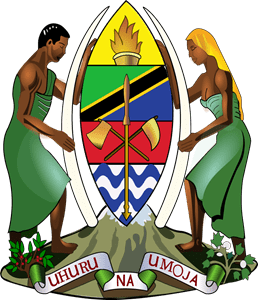
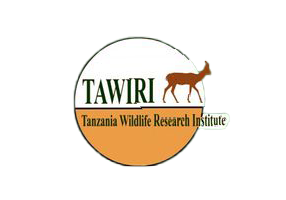

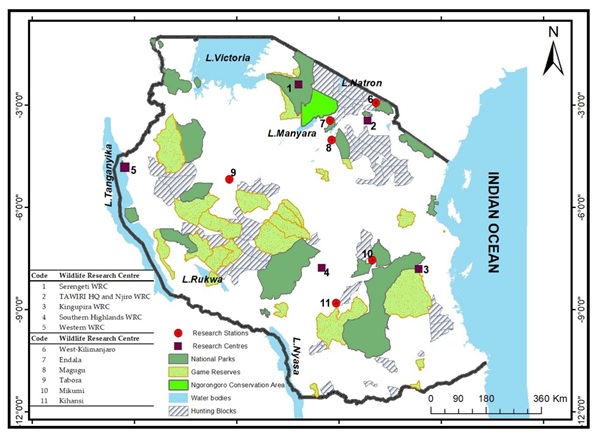

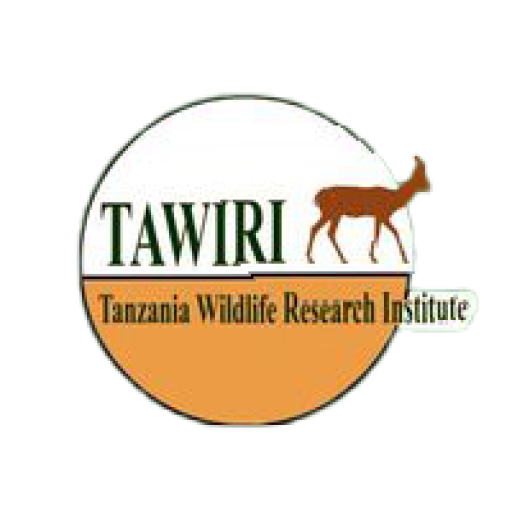
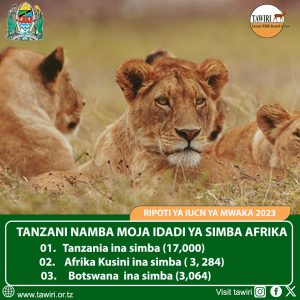
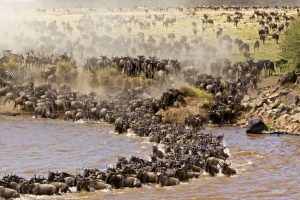
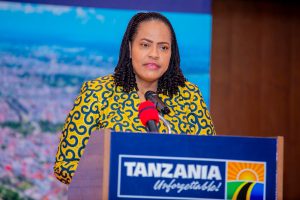





 Users Today : 39
Users Today : 39 Users Last 7 days : 618
Users Last 7 days : 618 Users This Month : 701
Users This Month : 701 Total Users : 16124
Total Users : 16124